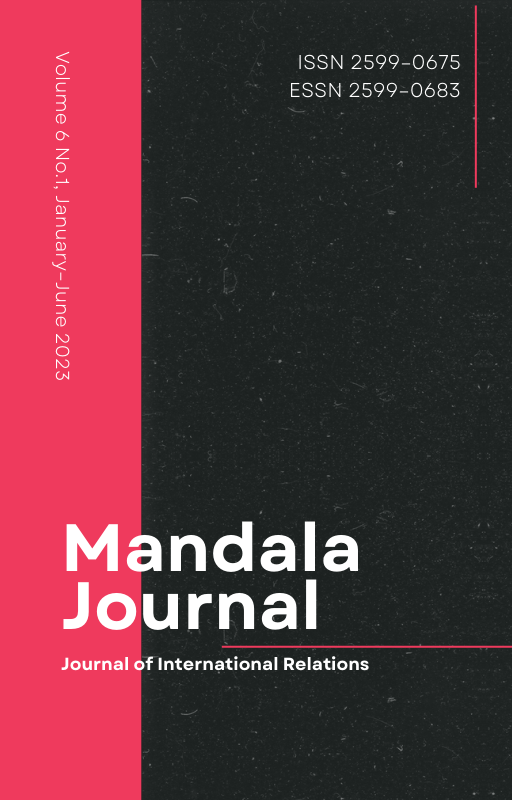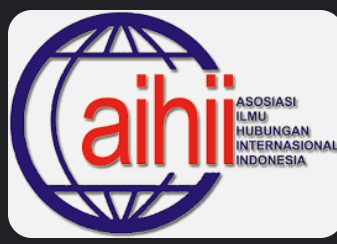Libya-Europe Human Trafficking and Its Implications for Global Security
DOI:
https://doi.org/10.33822/mjihi.v6i2.7512Abstract
Human trafficking, a pervasive global issue, deprives millions of people of their rights and dignity. Technological advancements complicate the problem, enabling sophisticated subterfuges employed by international criminal groups for lucrative gains. This study focuses on rampant human trafficking cases in Libya, a transit point for migrants seeking a better life in Europe. Unfortunately, the difficult access to Europe traps migrants in Libya, exposing them to dangers such as torture, rape, infectious diseases, and human trafficking. The research aims to explore how trade between Libya and Europe impacts global security. Findings indicate that human trafficking in this region poses a significant threat, potentially triggering conflicts, international security instability, and widespread insecurity. Effective prevention requires inter-regional cooperation and the formation of organizations.






